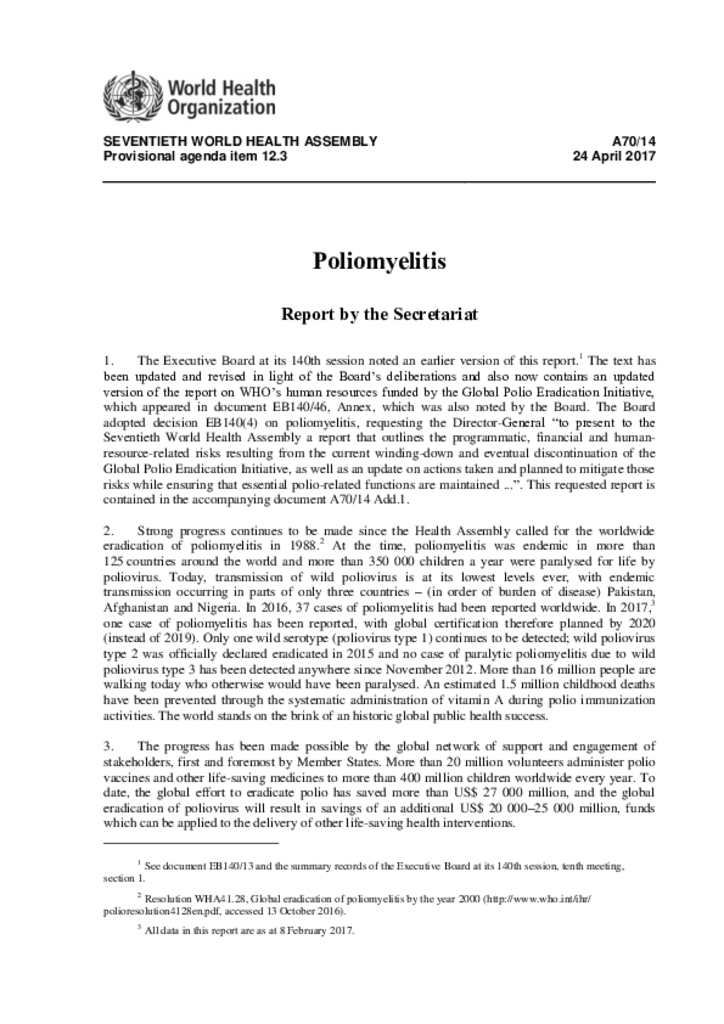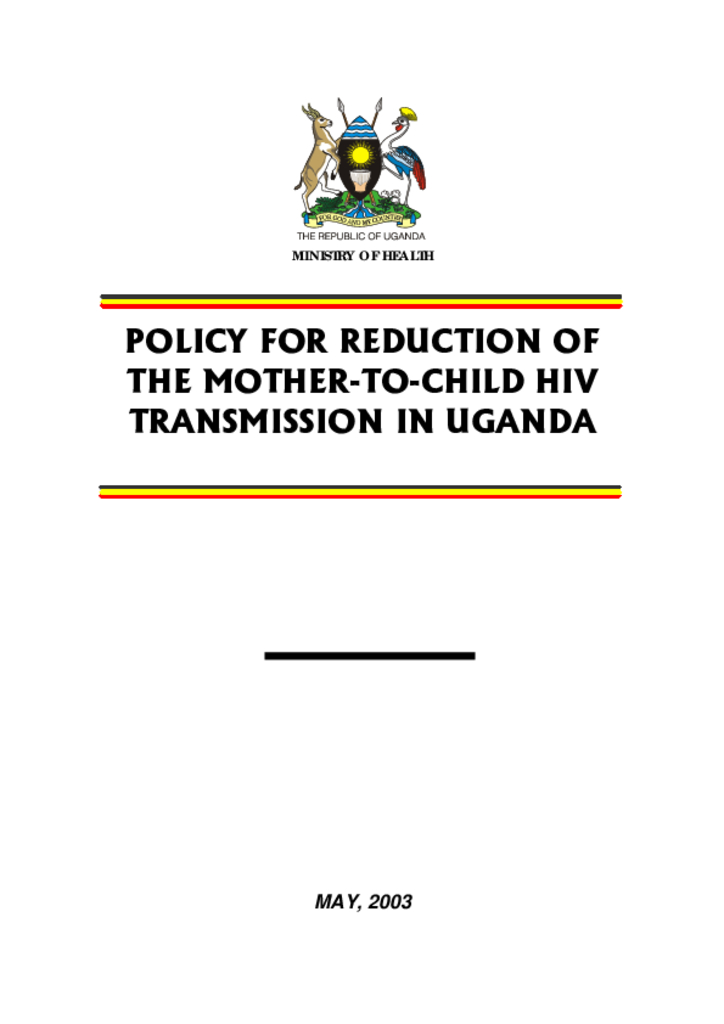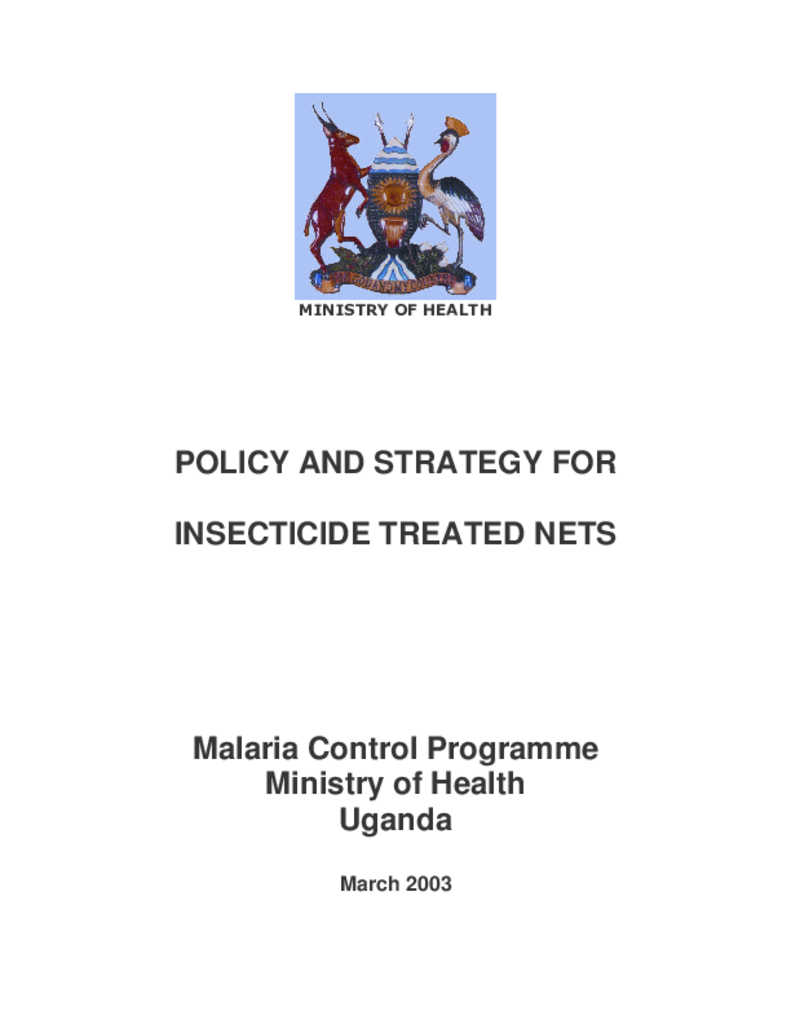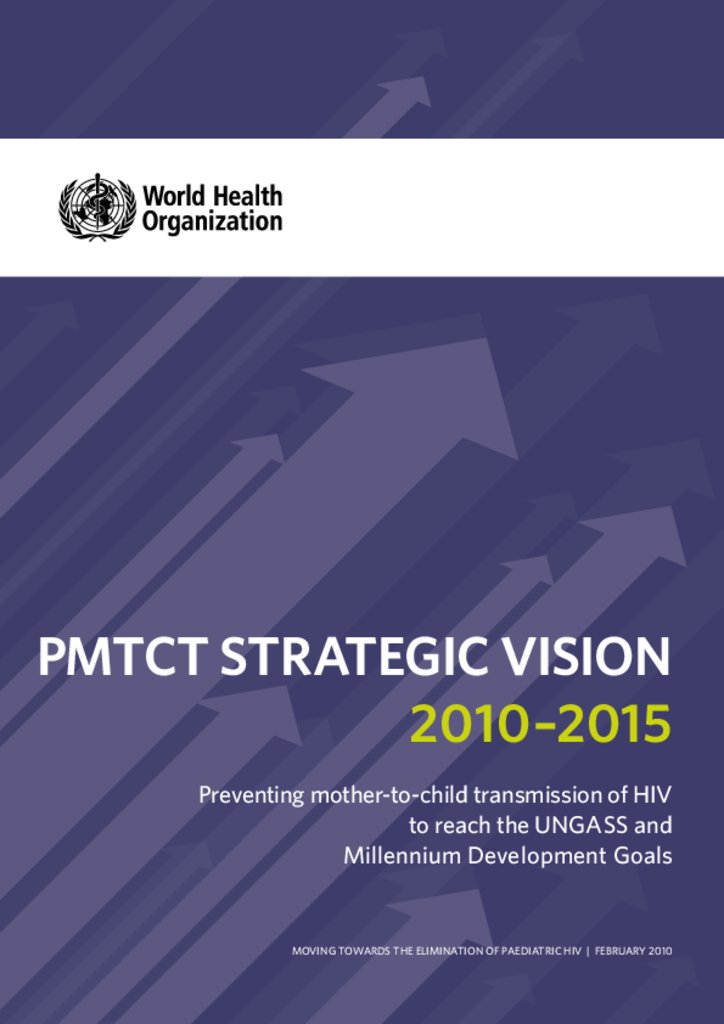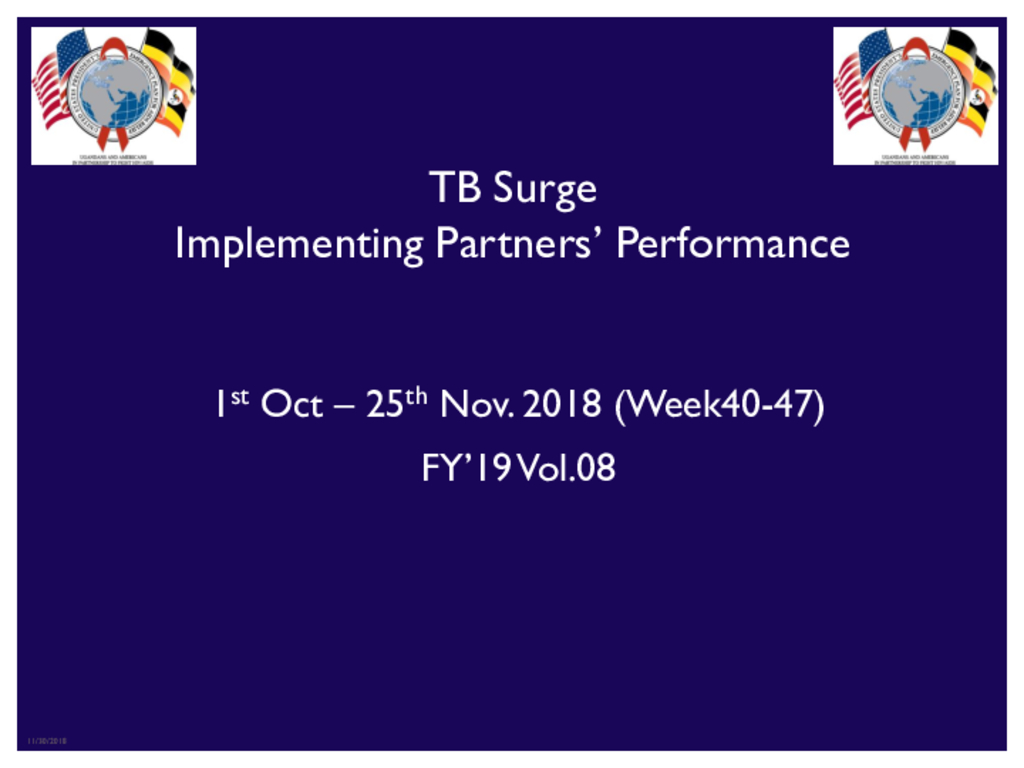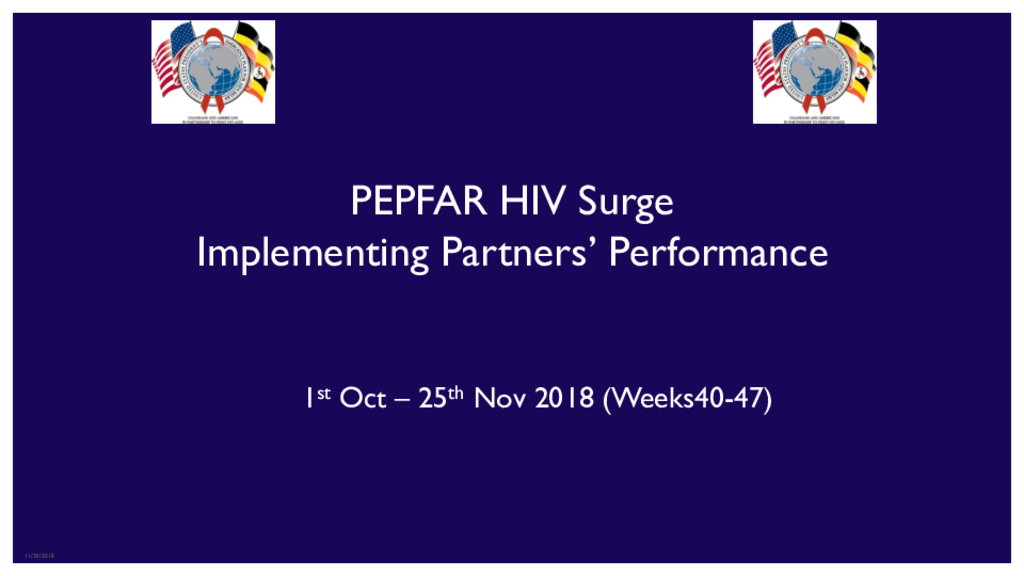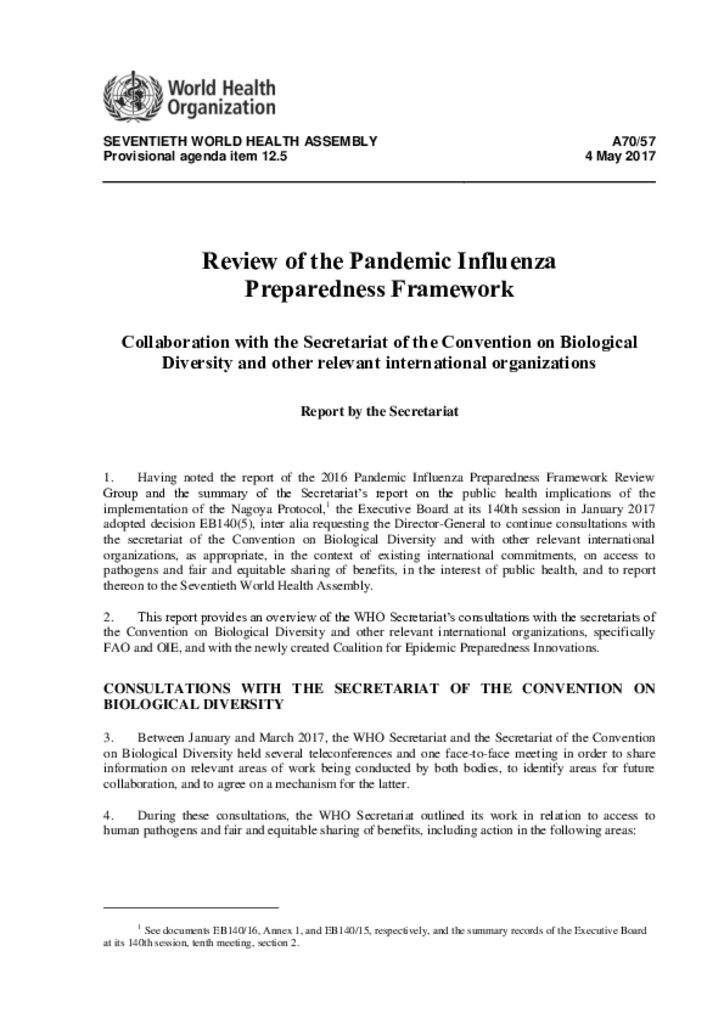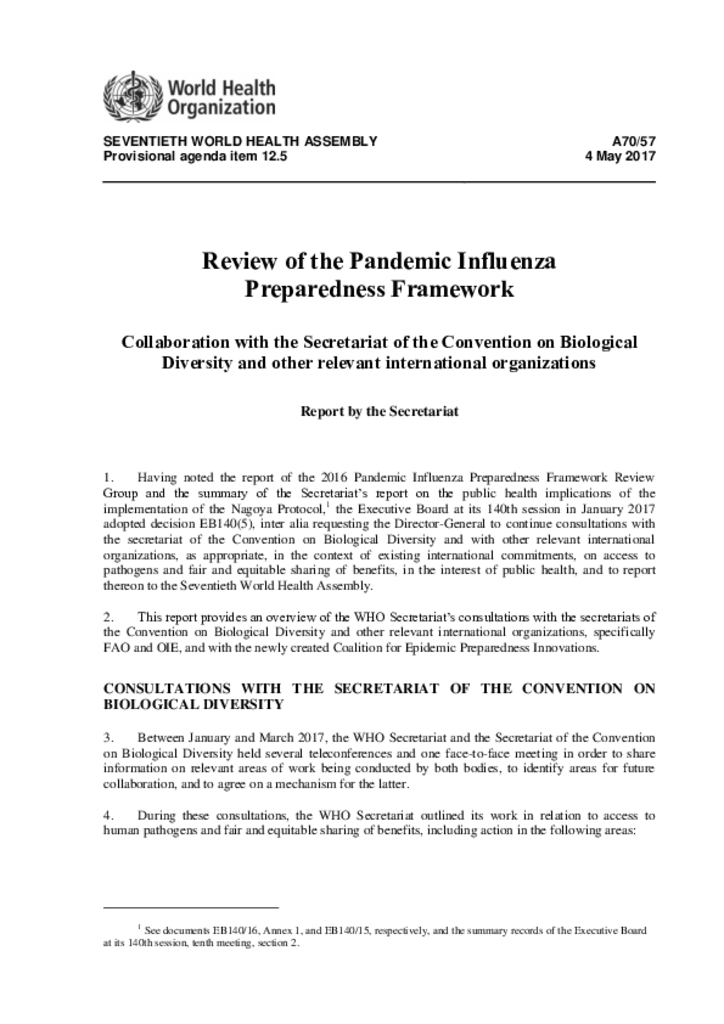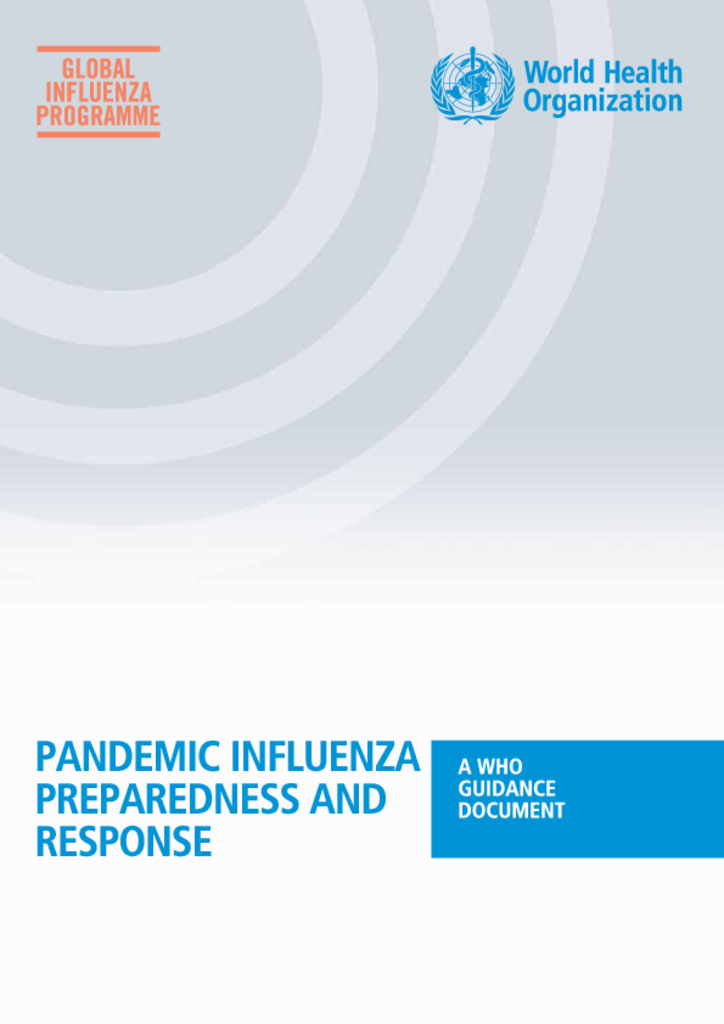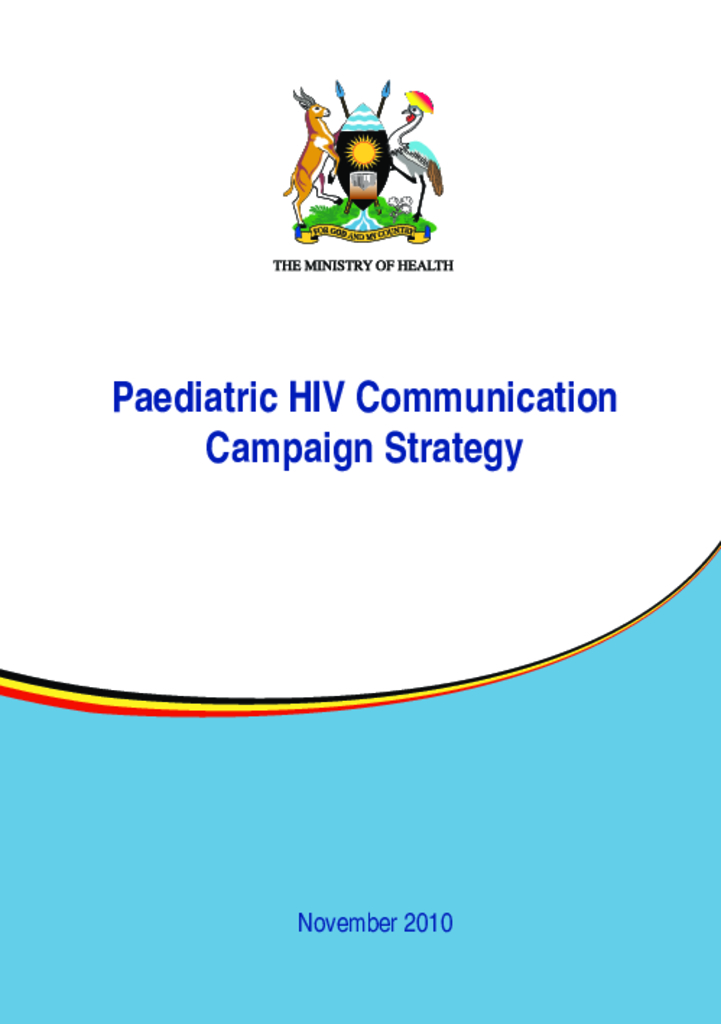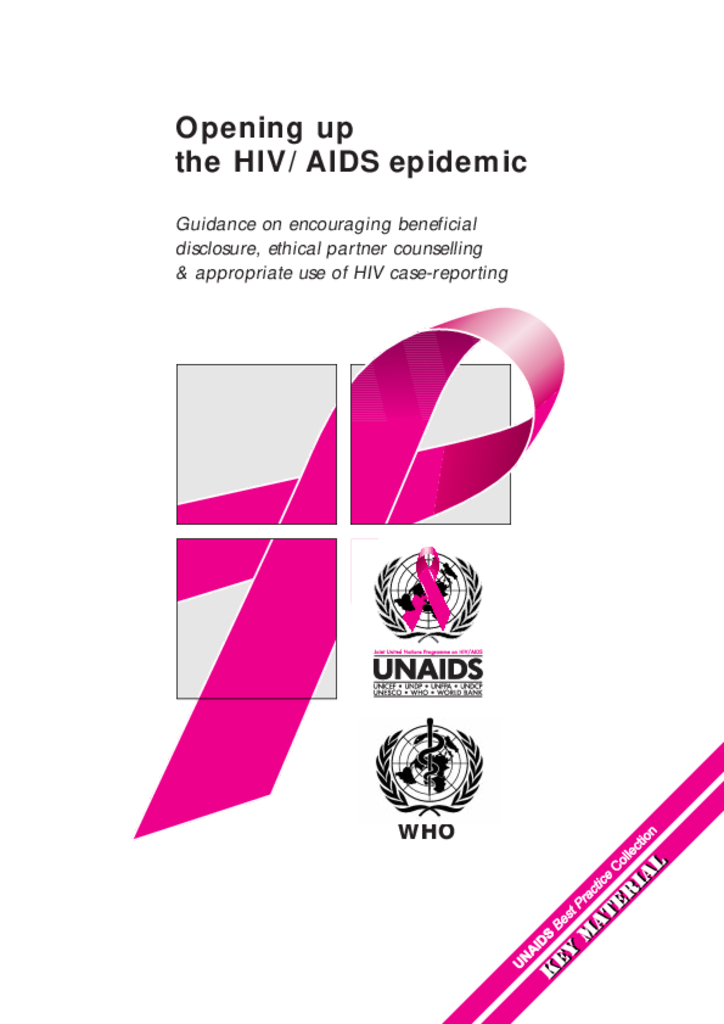Strong progress continues to be made since the Health Assembly called for the worldwide eradication of poliomyelitis in 1988.2 At the time, poliomyelitis was endemic in more than 125 countries around the world and more than 350 000 children a year were paralysed for life by poliovirus. Today, transmission of wild poliovirus is at its lowest levels ever, with endemic transmission occurring in parts of only three countries – (in order of burden of disease) Pakistan, Afghanistan and Nigeria. In 2016, 37 cases of poliomyelitis had been reported worldwide. In 2017,3 one case of poliomyelitis has been reported, with global certification therefore planned by 2020 (instead of 2019).
Only one wild serotype (poliovirus type 1) continues to be detected; wild poliovirus type 2 was officially declared eradicated in 2015 and no case of paralytic poliomyelitis due to wild poliovirus type 3 has been detected anywhere since November 2012. More than 16 million people are walking today who otherwise would have been paralysed. An estimated 1.5 million childhood deaths have been prevented through the systematic administration of vitamin A during polio immunization activities. The world stands on the brink of an historic global public health success.
Mother-to-Child HIV Transmission (MTCT) is the second major mode of spread of the virus in Uganda and is the main route by which children get infected. The relatively high prevalence of HIV among women of reproductive age in Uganda, coupled with a high fertility rate implies that without an intervention, the number of children who are likely to be infected with HIV is very high. Research studies have shown that provision of anti retroviral drugs of HIV infected pregnant mothers within a context of a comprehensive antenatal, intranatal and postnatal care services can reduce the risk of MTCT by up to half. It is against this background that this policy for reduction of MTCT was developed to guide the intervention in this area. This Policy document addresses the key issues related to prevention of mother to child transmission of HIV,
Based on this epidemiology malaria significantly contributes to the burden of disease as well as economic losses. According to the 2001 „Roll Back Malaria“ (RBM) base line assessment in four districts between 39% and 44% of recorded outpatient visits were due to malaria. It is estimated that between 70,000 and 100,000 people die from malaria each year, the great majority of them children under five years.
A considerable number of studies have consistently shown that the great majority of malaria episodes (50-80%) are handled in the private sector either through self-medication or consultation of drug shops or private sector facilities. However, management of malaria fevers is still poor. Only 28% of those patients seen at a health facility were managed correctly and only 7% of caretakers of children under 5 years sought treatment within 24 hours (RBM base line). The direct and indirect cost of malaria are high and it has been estimated by WHO that poor households spend up to 25% of their monthly income on malaria.
This PMTCT strategic vision 2010–2015 defines WHO’s commitment to help countries achieve agreed international goals on PMTCT, increase access to quality PMTCT services and integrate these services with maternal, newborn and child health and sexual and reproductive health programmes. The objectives of the strategic vision illustrate WHO’s ongoing commitment to the PMTCT-related goals of the United Nations General Assembly Special Session (UNGASS) and to strengthen support for PMTCT within the context of the Millennium Development Goals.
This publication is about the TB statistics in Uganda.
This publication is about the adoption of the surge initiative to rapidly increase the number of individuals enrolled on Antiretroviral treatment to meet national targets for HIV epidemic control with six priority implementation areas emphasized in the innitial phase.
The Government of Uganda through Uganda AIDS Commission and with support from the national HIV/AIDS Partnership revised the National Strategic Plan (2007/08-2011/12) for HIV/AIDS and aligned it to the National Development Plan (NSP). This four-year NSP for HIV/AIDS is a national multi-sector tool for guiding the national response. A participatory and consultative process was used in conducting the Mid-Term Review (MTR) of NSP whose results shaped the development of this Plan. This Plan provides a clear strategic direction for the next four years, sets priorities for the service thematic areas and systems for their delivery.
This report provides an overview of the WHO Secretariat’s consultations with the secretariats of the Convention on Biological Diversity and other relevant international organizations, specifically FAO and OIE, and with the newly created Coalition for Epidemic Preparedness Innovations.
The PIP Framework aims to balance virus sharing with benefit sharing on an equal footing. Advances in vaccine, antiviral and diagnostic technology alone are not enough to protect a world against a pandemic. Whereas access to health services and products remains unequal around the world, the influenza virus is indiscriminate and all countries can be equally at risk. Consequently, it is vital that the influenza products produced through the rapid sharing of viruses are available to the most vulnerable populations in the time of a pandemic.
This document should be used as a guide to inform and harmonize national and international preparedness and response before, during and after an influenza pandemic. Countries should develop or update national influenza preparedness and response plans that address the recommendations in this Guidance. This document is not intended to replace national plans which should be developed by each country. This Guidance serves as the core strategic document in a suite of materials. It is supported by a complement of pandemic preparedness materials and tools (Figure 1). These documents and tools provide detailed information on a broad range of specific recommendations and activities, as well as clear guidance on their implementation. The individual elements of the guidance package will be made available as they are finalized.
The MoH is currently working to expand the availability of paediatric HIV services. The HIV testing and counseling policy was revised in 2010 to include paediatric testing and counseling,8 and training is on-going for health workers and supervisors. But many providers still lack knowledge about specific paediatric HIV/AIDS issues, and do not have the skills to communicate with caretakers and clients around complex and sensitive issues such as disclosure, dealing with stigma, and the challenges of adherence. In addition, there are few “child/adolescent” friendly services where children and adolescents can feel at ease and receive services and information tailored to their age. Linkages with Prevention of Mother to Child Transmission of HIV (PMTCT) services are still limited, leading to missed opportunities for follow-up and getting children on treatment.
This document is a follow-up to the Technical Consultation on Notification, Confidentiality and HIV/AIDS in Windhoek, and the International Consultation on HIV
Reporting and Disclosure (Geneva), and draws from the expertise and input made at these meetings in an effort to offer assistance in answering these questions. It proposes that vital and effective steps towards opening up the HIV/AIDS epidemic involve the encouragement of beneficial disclosure, ethical partner counselling and the appropriate use of HIV case-reporting.
